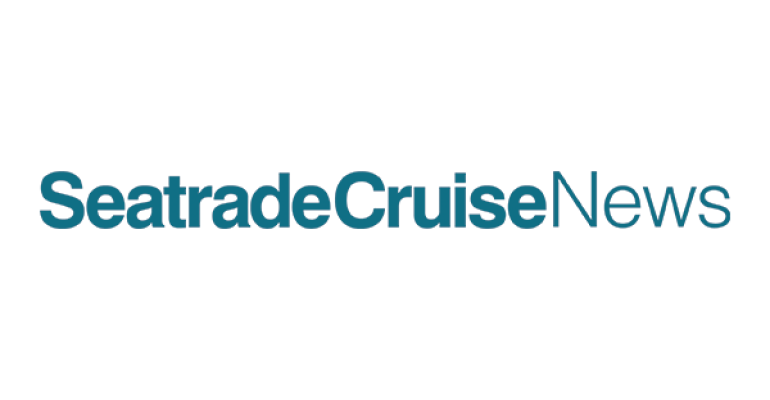Schettino’s testimony is not understood to have altered the current charge list, which includes manslaughter, shipwreck and abandoning ship, charges that carry a maximum sentence of 15 years. On this last charge, dramatic audio tape was released today in which Coast Guard officials are heard furiously ordering a reluctant Schettino to return to the ship to ascertain how many people remained on board and assist in their disembarkation.
Schettino, who had had five years’ experience as a Costa Crociere captain, is understood to have told investigators today that he was at the helm at the time of impact. He also insisted that he did not abandon the ship and that he had saved many lives.
As rescue efforts continue, with divers blasting their way into the vessel to access difficult areas in their search for the missing, salvage experts from SMIT prepared to begin emptying it of its fuel. (See separate story.)
SMIT and Titan are understood to be among the companies that will bid on the contract to seal and right the vessel before towing it to safety, the cost of which industry sources said would run well in excess of $100m. Costa is said to have an open mind on whether the ship can be returned to service.
Doubts surfaced, however, about its claim, expressed by chief executive Pier Luigi Foschi in a Genoa press conference on Monday, that Costa Concordia had re-routed only once in the past to cruise close to the island of Giglio.
Echoing a frequent question in industry circles, Enrico Scerni, president of Italian classification society Rina, noted on Monday that ‘it is difficult to believe the the company didn’t know that it is common for captains to “take a bow” as they passed Giglio.’ Since the publication of his comments, Scerni, a well-respected Genoa shipping figure, has quit his post at Rina, citing a desire not to involve the organisation in ‘sterile media polemics.’
Meanwhile, industry leaders strongly defended cruising’s safety record, arguing that Costa and other companies across the industry had invested heavily in safety and environmental protection, and had often been ahead of the regulatory curve in these areas.
MSC Cruises president Domenico Pellegrino said that ‘every year, cruise companies spend millions on safety training and procedures, and on meeting very tough national and international standards. We are continually subjected to inspections and tests.
‘The same goes for the environment, where companies across the industry invest huge amounts in being eco-compatible. Indeed, we are sometimes ahead of the regulations, as in Venice where we anticipated new rules on sulphur emissions by using low-sulphur fuel when coming into port.’
Pellegrino insisted that the statistics bear out the industry’s strong safety record. ‘Nobody invests more in safety than the cruise industry,’ he argued, adding he believed that, while bookings would certainly take an initial hit, ‘the information will eventually get out about how well-made these ships are and how well-run.’
Pellegrino also responded to comments from Italian environment minister Corrado Clini, who has suggested that such sensitive areas as St Mark’s basin in Venice might be made off-limits to cruise ships in the wake of the disaster. Pellegrino echoed Pier Luigi Foschi’s comment on Monday that he be would happy to discuss such issues with the minister.
He noted: ‘It is not the cruise companies that oblige the authorities to let us go by certain routes. We follow the routes we are given. By the same token, the passenger goes to Venice because he loves Venice. It is certainly a more beautiful experience to see Venice from the ship, but they don’t buy tickets for that reason.’
Pellegrino added that ‘cruising won’t die if we are not allowed into Venice, but Venice may have some problems without the cruise ships.’
Separately, Pasqualino Monti, president of the port of Civitavecchia, from where the ill-fated Costa Concordia sailed on Friday, joined the growing industry counter-offensive to the dismal images that have dominated the media since Friday, announcing that he would host a two-day conference on cruise tourism in July and issuing a strong endorsement of the cruise industry’s safety record.
‘More than 15m cruise tourists have passed through the port of Civitavecchia alone since 2000,’ he said, ‘and with perfect safety and peace of mind both on land and at sea. The Giglio tragedy is an isolated incident attributable, from what we know so far, to individual decisions taken without any logic and contrary to all established procedures.’
Copyright © 2024. All rights reserved. Seatrade, a trading name of Informa Markets (UK) Limited. Add Seatrade Cruise News to your Google News feed.


